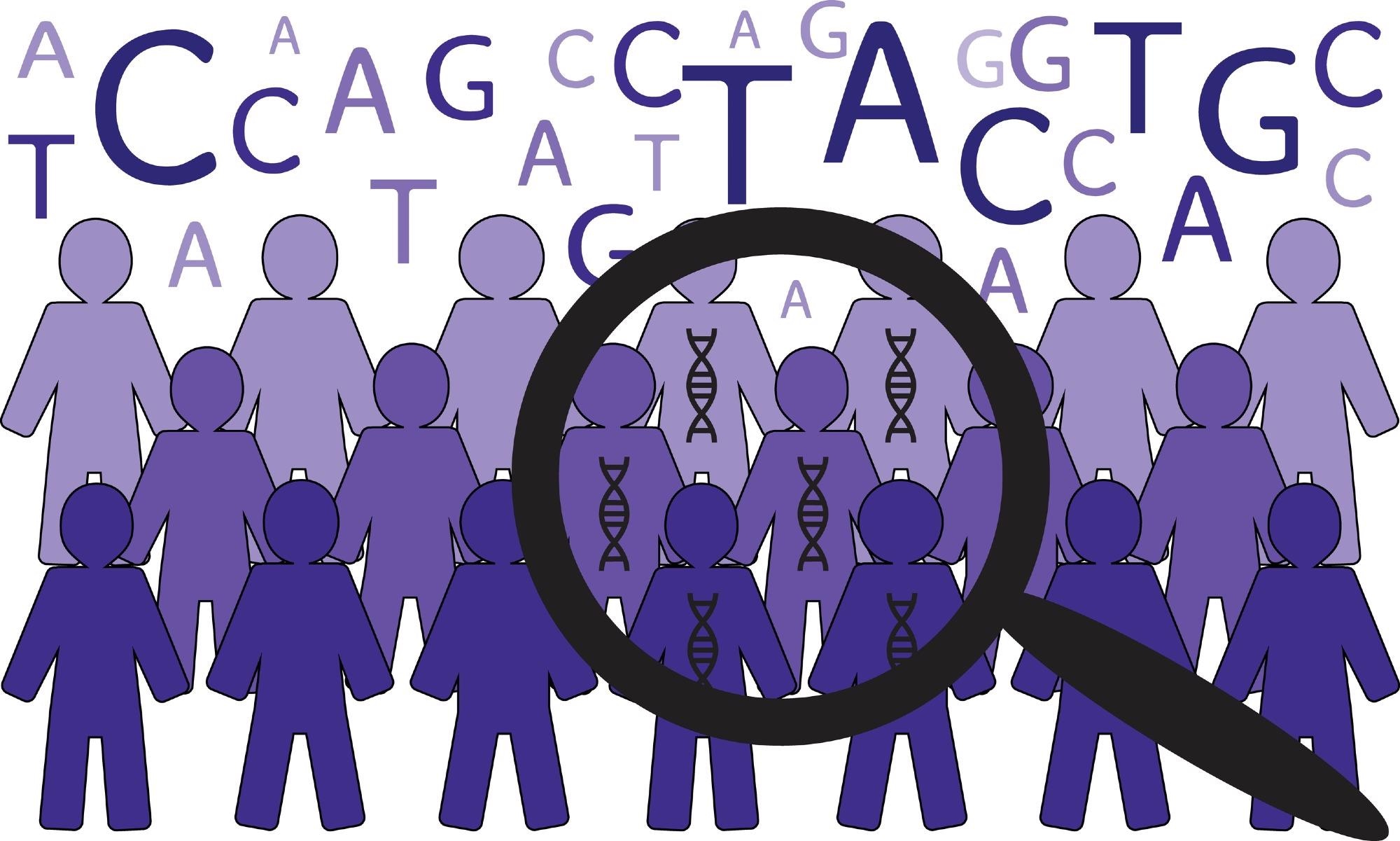Introduction
The Road to Personalized Medicine
Genomic Sequencing
Population Sequencing
Population-Scale Sequencing and Personalized Medicine
The Future
References
Population sequencing has emerged as an eminently valuable tool in developing personalized medicine. This article will discuss the challenges and progress within personalized medicine as well as how population sequencing plays a vital role in the field.

Image Credit: lanatoma/Shutterstock.com
The Road to Personalized Medicine
Traditional medical models of drug delivery have tended to treat patients the same, with individuals receiving the same treatments as other patients. However, there has been a growing recognition that each patient responds to treatment in different ways in recent years. This is down to nuanced differences at the genetic, physiological, environmental, and behavioral levels. In recent years, tailoring medications to each patient based on their unique and nuanced differences and characteristics has gained traction.
This concept is central to the idea of personalized medicine. Indeed, the belief has, to some degree, been verified by emerging technologies such as wireless health monitoring, proteomics, and DNA sequencing. Significant variation in disease processes between patients has been observed in recent years. There has been much argument on how these variations impact health decisions and disease monitoring and how to optimize treatments for individual patients.
The growing body of literature attests to the importance of personalized medicine on the subject and the development of technologies and strategies to provide a more tailored approach for drug delivery, treatments, and health interventions. Personalized medicine has the potential to reduce the healthcare cost of overburdened systems.
Challenges exist with personalized medicines, however. Development may be hindered by regulatory approval and acceptance by stakeholders such as insurance companies, physicians, healthcare executives, and patients. There is a need to prove that personalized medicines can outperform traditional alternatives. Moreover, several innovative personalized approaches are expensive, which may cause hesitation on behalf of funding bodies.
Genomic Sequencing
All human cells contain DNA, which encodes for functional proteins. Genomic sequencing has the potential to improve numerous biomedical fields, especially personalized medicine, forensics, preservation of endangered species, and commercial agriculture.
In personalized medicine, genomic sequencing can create a complete genetic profile of a patient, which helps inform researchers of their susceptibility to particular diseases and inform better intervention strategies. Additionally, differences in the patient's genetic makeup can affect the body's ability to absorb and metabolize certain drugs.

Image Credit: ktsdesign/Shutterstock.com
Population Sequencing
Population sequencing has emerged in recent years as a technique with intriguing possibilities for biomedical science. This technique combines probabilistic matching tools and large quantities of sequence data to predict genetic variations across entire populations of individuals. Population-scale sequencing studies have emerged over the past two years, with more studies likely to follow.
Recent advances in technologies such as long-read sequencing and computer modeling have made reliable sequencing at the population scale possible. Whereas in the past, data acquisition and analysis could take weeks or months, more advanced computer modeling and machine learning have made sequencing possible in under a week.
Some challenges still exist with population sequencing, for instance, the representation of nested and complex variations between individuals in a population. However, recent advances such as pan-genome graphs have the potential to overcome issues. Pan-genome graphs also overcome linear bias by including different alleles. Moreover, there are ethical issues with population-scale sequencing which can hinder its widespread adoption, such as issues with autonomy and privacy.
Population-Scale Sequencing and Personalized Medicine
Basing personalized medicine on risk-factor prediction alone may be insufficient. A more holistic design and implementation approach for epidemiological studies which embraces population diversity can provide significant advances. Such an approach can take into account differences in gender and ethnicity and social, cultural, and economic factors that affect access to health care and disease risk.
Studies that analyze entire populations can provide a path toward personalized medicine based on evidence and data, but only if they integrate common and rare genetic risk factors with measurements of changing health indices and environmental risks over time.
Genome-wide association studies have identified thousands of variants that play a role in genetic risk factors for common ailments. However, the individual effects of these variants on risk factors are minor and have little predictive value. This has led some researchers to propose polygenic risk scores.
However, a drawback to polygenic risk scores is that much of the data used to construct them comes from individuals of European descent, meaning that they can suffer from poor performance when applied to minority ethnic populations, carrying the risk of exacerbated health disparities and erroneous risk estimates. Sequencing studies have also revealed the role of carriers of rare variants which possess substantial effects.
There has been a wealth of evidence in recent decades that disease risk involves environmental and socioeconomic as well as genetic factors. Basing disease models and treatments on narrowly selected populations may provide inaccurate diagnoses and treatments for broader populations. Population-scale sequencing studies can overcome the disparities which may influence treatments.
Population sequencing also allows for the integration of clinical information over a period of time beyond short snapshots of laboratory and clinical observations. Capturing clinical data over extended periods improves disease risk estimation. Systemized stratification of risk can benefit estimations of subsequent disease progression.
Moreover, using population-scale sequencing embraces complexity and avoids artificially categorizing risk factors. A prime example of a disease with complex pathologies and causative processes is heart disease, with combinations of genetic and lifestyle risk factors unique to each person. Providing personalized medicine for these patients provides a significant advantage for their quality of life.

Image Credit: NicoElNino/Shutterstock.com
The Future
Personalized medicine is a growing field of biomedical research that presents significant potential for improving patients' quality of life. While complex and possessing ethical issues that take into account variants, genomic and polygenomic risk factors, disease factors, and ethnic, sociological, economic, and health history differences between individuals, population-scale sequencing studies will undoubtedly play an increasingly vital role in the future of personalized medicine.
References:
Further Reading
Last Updated: May 20, 2022